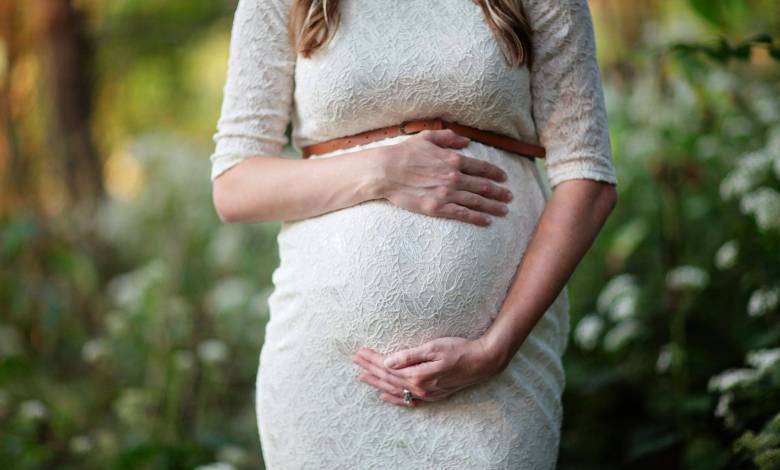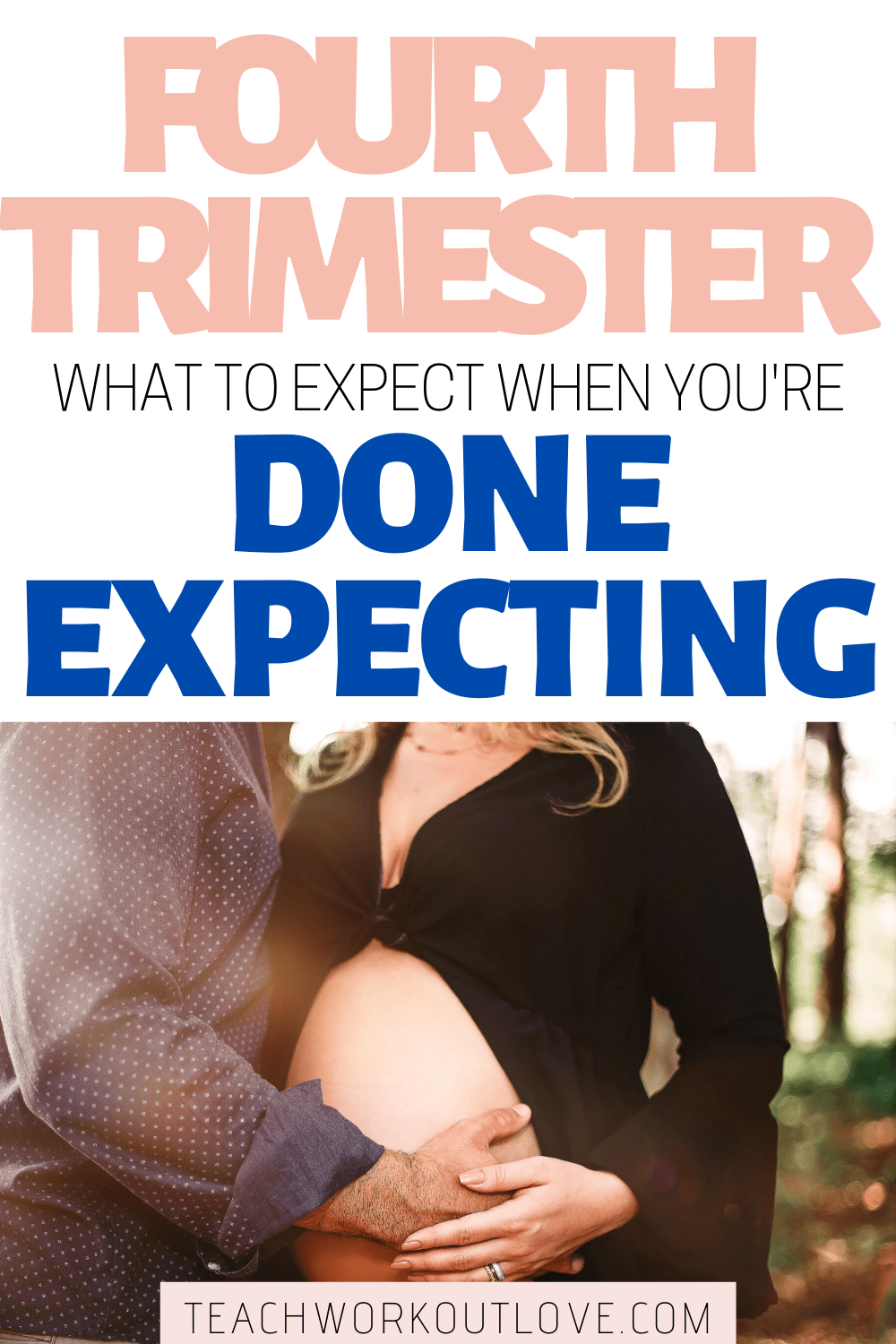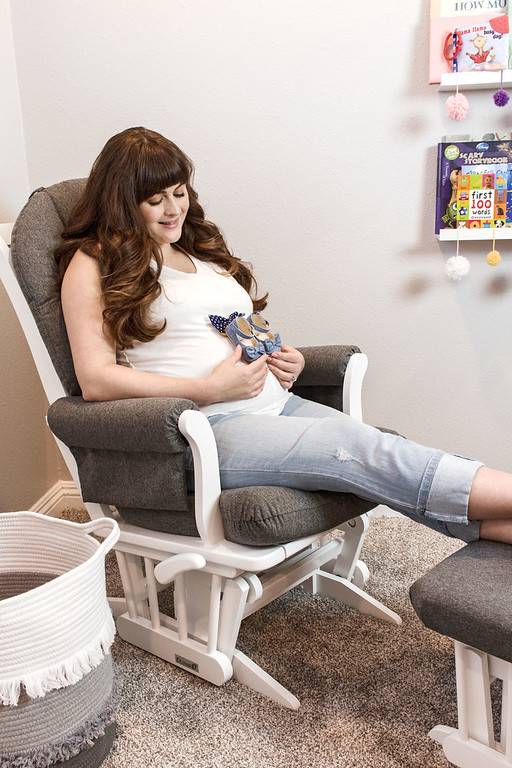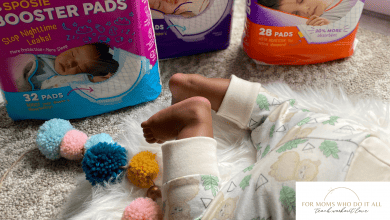
We often treat birth as the “finish line,” and a lot of antenatal advice focuses on pregnancy and birth. And yes, you’ve given birth to your beautiful baby (congratulations!) — but this isn’t the end of your journey. In the weeks following childbirth, a woman’s body goes through a number of changes — both physical and emotional. This is known as the “fourth trimester” and this post-natal period can have a big impact on both mother and baby. In this article, we’ll be looking at the fourth trimester and asking, what can you expect once you’re done expecting?
Related: 8 Secrets to Having a Happy & Healthy Pregnancy

You may experience the baby blues
The “baby blues” is something extremely common that many moms experience in the fourth trimester, particularly the first few weeks after childbirth. You’ll probably experience this as feeling very emotional, anxious, irrational and overwhelmed — and crying a lot without knowing exactly why.
Although this may feel upsetting, feeling overwhelmed and emotional is totally normal when you’ve just had a baby. After all, your body and your life has just gone through a huge change, and you’re now coping with new responsibilities and your role as a mother.
Your hormones also play a big part in the baby blues. Just after you’ve given birth, there’s a sudden — and big — drop in your hormone levels, which can result in mood changes and some pretty strong emotions.
Baby blues tend to only last for a few days to a week, so try to not worry. Be kind to yourself and don’t push yourself as you adjust to your new routine. Remember that it’s okay to cry and feel emotional. You’ve just been through a big change, so give your mind and body time to get used to this new part of your life.
If these low feelings stick around for more than a few weeks, or they become severe, you may be suffering from postpartum depression. This is something more serious, so it’s a good idea to talk to someone. Postpartum depression is common, and your doctor or midwife will be able to help you.
Your skin may change
When people talk about the magical journey of motherhood and pregnancy, they often speak of expecting and new moms as “glowing.” Think rosy-cheeked, radiant, natural beauty… Sounds great, right? So why do pimples keep appearing?
Unfortunately, many women experience bad skin during pregnancy and after birth. Pregnancy acne and sudden breakouts are actually very common, especially during the first and second trimester. The change in hormones that the body goes through during pregnancy can make the skin more oily, leading to clogged pores and pimples.
The same goes for the chemical changes that happen in your body after birth. So even if you don’t suffer from spots normally, you may experience postpartum acne in your fourth trimester.
These skin changes and problems should start to clear up a few weeks after birth as your hormones settle down. But if you’re worried about severe or stubborn postpartum acne, then you can speak to your doctor or a dermatologist. They will be able to recommend treatment options that work for you, depending on whether you’re breastfeeding or not.
Your stomach won’t shrink back down immediately
For a long time, there was an assumption that once you had the baby, your stomach would just shrink back to looking exactly how it did before. Society doesn’t help either — there’s immense pressure on new moms to “bounce back” from their baby bod.
We’re here to tell you that this is an unrealistic expectation. With motherhood, your body is going to change. You will have probably put on some weight during your pregnancy, and your stomach, of course, will grow.
It’s not surprising; after all, in around nine months, you have grown, fed and protected a tiny baby inside you — and then delivered them into the world. What your body has done is amazing (you’ve created life!), so be proud of this and what you’ve achieved.
Your uterus and stomach will take some time to shrink back to pre-pregnancy size, so be patient. Use the fourth trimester to focus on your baby, your mental health, and settling into your new life as a mom. Don’t use it as a time to set extreme weight loss or fitness goals — that is piling way too much pressure on yourself. Just eat healthily, do some gentle exercise if you feel like it, and take it slowly. It’s a marathon, not a sprint.

You’ll probably have a leaky bladder
Of all the things we talk about post-pregnancy — the infinite love you feel for your baby, the sleepless nights and the sheer exhaustion — we don’t really mention the loss of bladder control.
That’s right, urinary incontinence is a real thing in the fourth trimester (and you may have experienced it during your pregnancy). It means that your bladder might leak when you cough, sneeze, laugh, move suddenly, or even when you’re getting up from your seat.
Many women have a leaky bladder after giving birth, and it’s normally due to weak or damaged pelvic floor muscles (which support the uterus and help control the bladder). The weight of your baby and labor itself can weaken these muscles, but fortunately it usually only lasts for a few weeks.
Pelvic floor exercises can really help to strengthen your muscles again and improve a leaky bladder — as long as you feel up to it, and your birth wasn’t complicated. Speak to your doctor or midwife about what they would suggest.
You’ll have a lot of aches and pains
Unfortunately, you are going to ache a lot in your fourth trimester.
Your breasts are going to hurt, particularly if you’re breastfeeding. You’ll have to deal with breast engorgement after your baby is born. This is when the breasts start to make more milk, which makes them get much larger, firmer and more tender. This can make them super sore and painful. You may even get back-ache from your new larger breasts (as well as carrying your baby). You might also suffer from sore or cracked nipples and mastitis (inflammation of the breast). If you are breast-feeding, there are a few ways you can feel less sore and engorged.
You’re also going to be sore and painful down below, whether you’ve had a vaginal birth or a C-section. Postpartum bleeding and some soreness are totally natural, but if your bleeding stays heavy after the first few days and is painful, then speak to your doctor.
Many new moms feel aches and pains after giving birth — it’s a normal part of your fourth trimester.
It’s hard to know what to expect when you’re done expecting, but hopefully, this article will provide you with a little more insight. The important this is to look after yourself as well as your baby. Be kind and gentle to yourself, and if you’re worried about anything in particular, remember to trust your instincts and ask for some help.
This post contains affiliate links and I may receive a commission, at no additional cost to you, should you purchase through one of my links. Please see my disclosure for more information.





